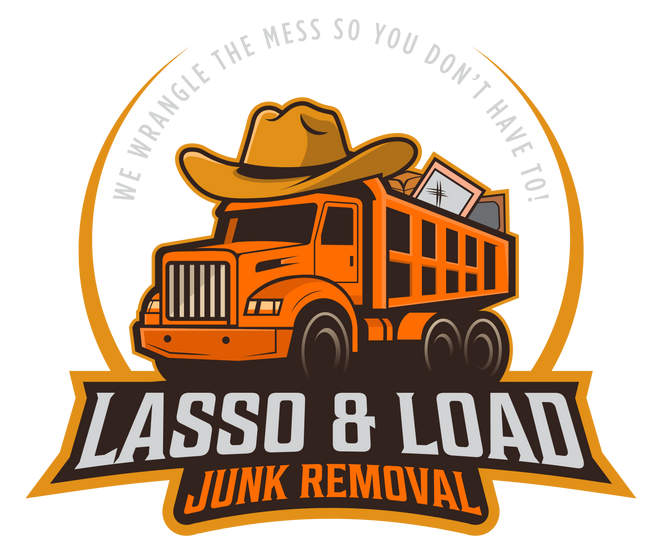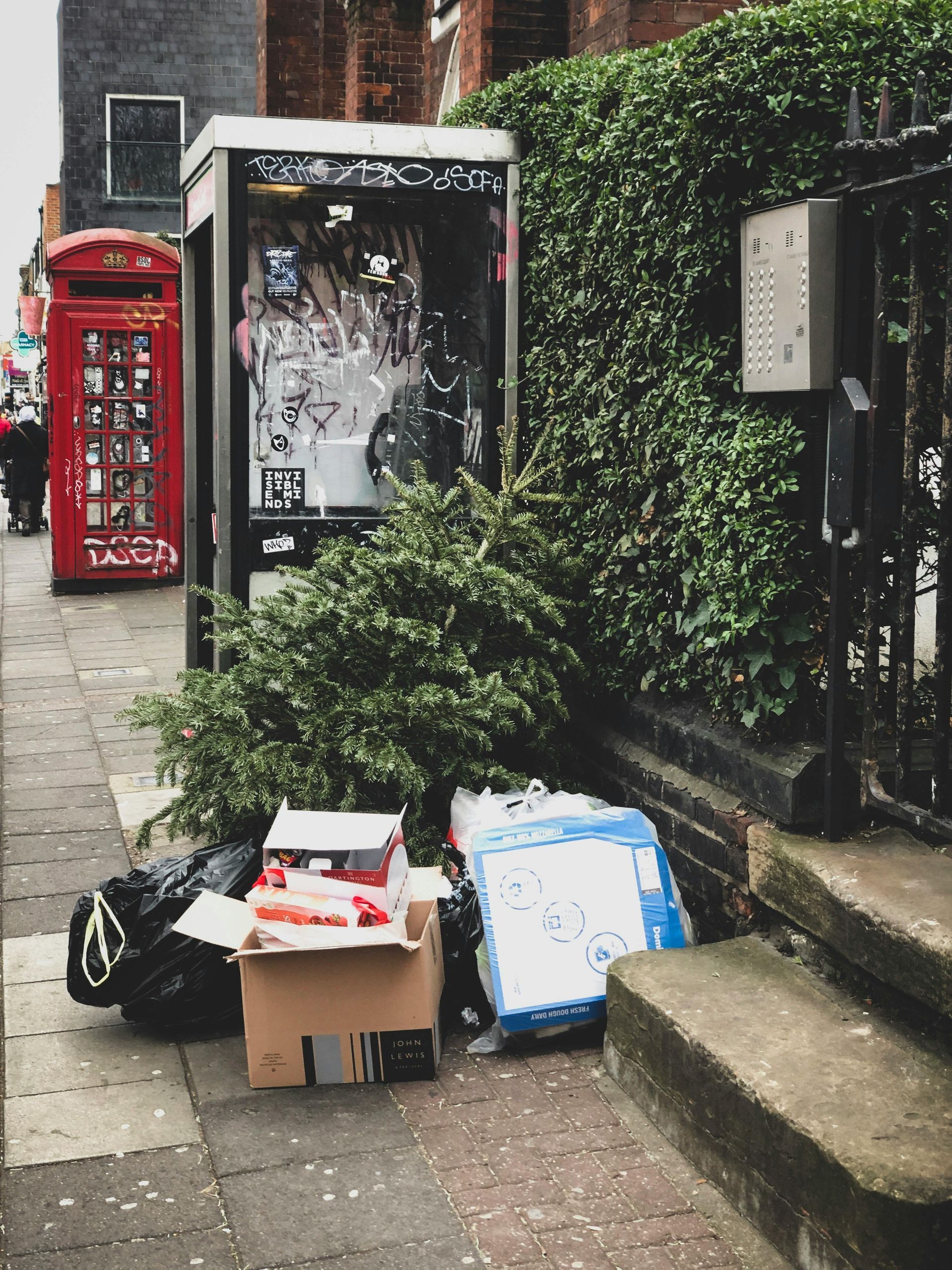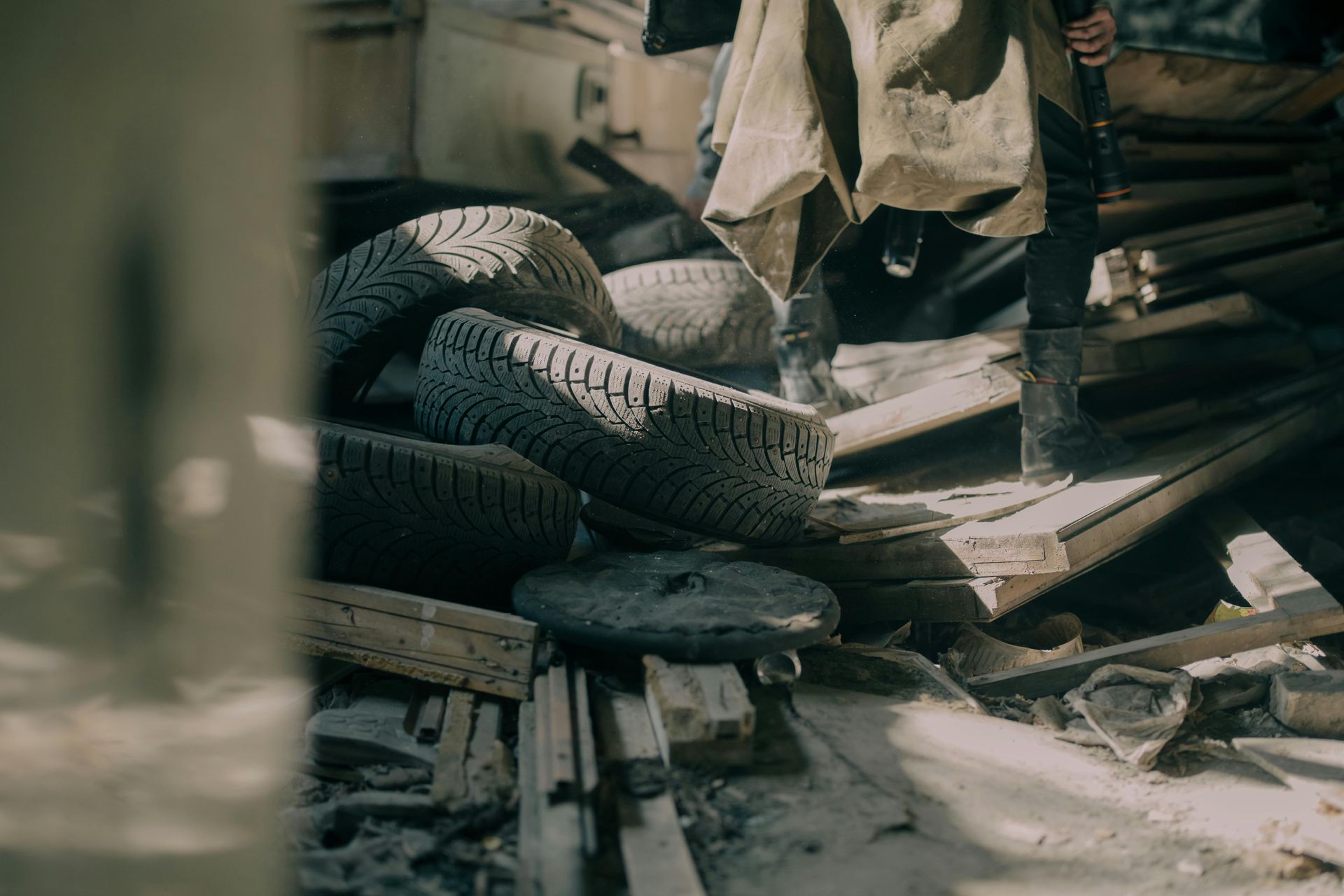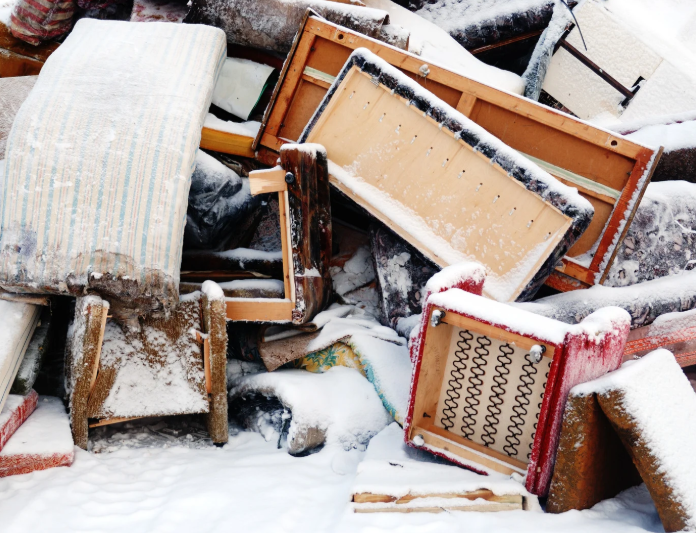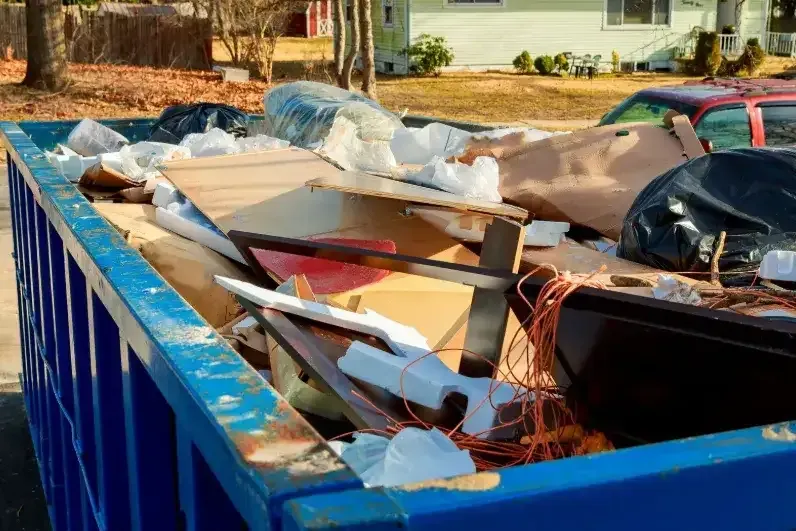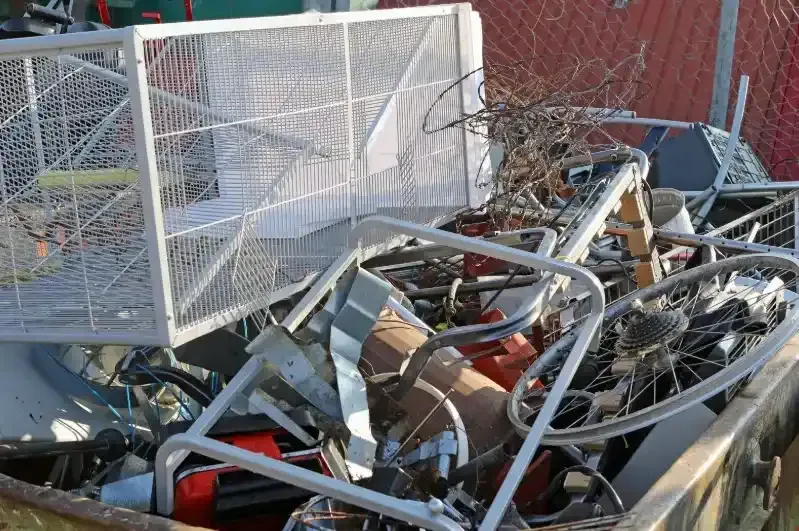How to Safely Dispose of Hazardous E-Waste Materials
In today’s digital age, electronic waste (e-waste) has become an increasing concern as people frequently upgrade their devices to keep up with technological advancements. While new gadgets offer convenience, they also bring along the challenge of safely disposing of old electronics. E-waste can contain hazardous materials like lead, mercury, and cadmium, which can have severe impacts on both human health and the environment. Improper disposal of e-waste can lead to these toxic substances leaching into the soil and water, causing long-term damage to ecosystems and posing health risks to humans.
Proper disposal of e-waste is critical to reduce these risks and ensure the responsible handling of hazardous materials. Whether you're cleaning out your home or upgrading office equipment, understanding how to dispose of e-waste safely is essential. By following the correct disposal methods and recycling your old devices responsibly, you can contribute to reducing the environmental impact and promoting sustainability.
The Importance of Proper E-Waste Disposal
Proper disposal of e-waste is crucial for both environmental and health reasons. Many electronic devices contain hazardous substances such as lead, mercury, and cadmium. These substances can contaminate the environment when improperly disposed of, leaching into soil and water. For example, heavy metals found in old computer monitors and televisions can enter groundwater supplies, affecting local ecosystems and posing a risk to human populations. This contamination can lead to serious long-term environmental damage, including the destruction of habitats and harm to wildlife.
However, e-waste is not just hazardous—it also represents valuable resources that can be recycled. Metals like gold, copper, and rare earth elements are often found in electronics and can be reused to make new products. Proper e-waste disposal allows these materials to be recovered and repurposed, reducing the need for mining and minimizing environmental degradation. By following responsible disposal methods, we protect both the environment and the resources we rely on, promoting a sustainable future for all.
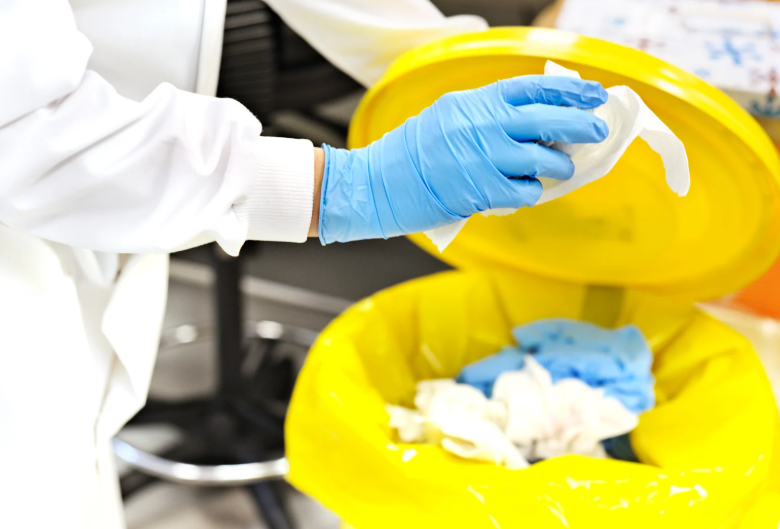
Understanding the Risks of Improper Disposal
Improper disposal of e-waste can take various forms, such as dumping electronics in landfills, incinerating them, or simply leaving them to decompose over time. These practices are not only harmful to the environment but also pose significant health risks. For example, when electronics containing mercury are discarded improperly, they can release toxic fumes or seep into the ground, contaminating local water supplies. Mercury exposure is known to cause neurological damage, particularly to children and pregnant women, and can affect the development of the brain and nervous system.
Lead, another common component in e-waste, can also be dangerous. It accumulates in the body over time, affecting the kidneys, bones, and the nervous system. Incinerating e-waste is especially harmful as it releases harmful chemicals like dioxins into the atmosphere. Moreover, e-waste often ends up in the hands of informal workers who are unaware of the risks, leading to further exposure and environmental damage. These improper disposal methods highlight the urgent need for responsible recycling practices to avoid such hazards.
How to Safely Dispose of E-Waste
One of the most important steps in the safe disposal of e-waste is to avoid sending it to landfills. Many municipalities now offer dedicated e-waste recycling programs that ensure old electronics are either refurbished for reuse or dismantled and recycled properly. These programs are designed to handle hazardous materials safely, preventing toxic substances from leaching into the environment. Additionally, they help reduce the volume of e-waste that ends up in landfills, minimizing its environmental impact.
If your local recycling center doesn’t accept e-waste, you can find specialized e-waste disposal services that will pick up and properly recycle your old electronics. These services are typically certified by recognized organizations like the Basel Action Network (BAN) or the Responsible Recycling (R2) standard. These certifications ensure that the recycling process follows strict guidelines to handle toxic materials responsibly and recycle as much of the device as possible. Choosing certified services helps ensure that e-waste is disposed of in a way that minimizes harm to the environment and public health.
Choosing the Right E-Waste Recycling Service
Selecting the right e-waste disposal company requires careful research to ensure that the service follows proper recycling standards. Some companies may advertise themselves as environmentally friendly but fail to adhere to necessary protocols, potentially exporting e-waste to countries with less stringent regulations. To avoid this, it’s important to choose a service that is certified by reliable environmental organizations, such as the Responsible Recycling (R2) certification or the e-Stewards certification, both of which indicate a commitment to responsible recycling practices.
Certified e-waste recyclers are equipped with the necessary expertise and technology to handle toxic materials safely and ensure that the maximum amount of valuable material, such as metals and plastics, is recycled. These companies utilize advanced processes to disassemble electronics, extract usable components, and manage hazardous substances appropriately. By partnering with a certified e-waste recycling service, you can be sure that your electronics will be disposed of in a manner that protects both the environment and human health.
Repurposing and Refurbishing E-Waste
Not all e-waste needs to be recycled immediately. In some cases, old devices can be refurbished and repurposed for reuse, extending their life cycle and reducing the need for new products. Many electronics, including phones, laptops, and desktops, may still have usable parts or simply need minor repairs to function again. This presents an excellent opportunity to donate or resell working electronics, benefiting organizations, schools, or individuals who may not have access to new technology.
Refurbishing old electronics is an environmentally friendly practice that reduces the demand for new products. It also conserves the energy and raw materials required for manufacturing, helping to minimize the environmental costs of production. Furthermore, repurposing electronics can often be more energy-efficient than recycling, especially for devices that require significant energy to disassemble. Repurposing also prevents valuable materials from going to waste, providing a second life for otherwise discarded products and contributing to a more sustainable approach to technology use.
The Role of Businesses in E-Waste Disposal
E-waste disposal for businesses is often more complex than for individuals due to the large volume of outdated electronics, including office equipment, computers, printers, and even machinery. As businesses continue to upgrade their technology, the amount of e-waste generated can quickly accumulate. Properly managing e-waste is crucial for companies looking to comply with local regulations and contribute to corporate sustainability efforts.
Many businesses are now taking steps to address this issue by setting up in-house recycling programs, making it easier to dispose of old electronics responsibly. Partnering with certified e-waste recycling companies allows businesses to ensure that their waste is properly handled, either through recycling, refurbishing, or safe disposal. In doing so, companies reduce their environmental footprint, comply with regulations, and demonstrate their commitment to sustainability, which can also enhance their corporate reputation.
E-Waste and the Future of Technology Recycling
As technology advances at an ever-accelerating pace, the need for efficient e-waste disposal methods will continue to grow. With the rapid turnover of consumer electronics like smartphones, tablets, and laptops, more e-waste is being generated than ever before. This puts additional pressure on recycling systems, which will need to adapt to handle the growing volume of discarded electronics.
Looking to the future, innovations in e-waste recycling will play a critical role in ensuring that valuable materials are recovered and reused. As new recycling technologies are developed, the efficiency of processing e-waste will improve, allowing for greater recovery of precious metals and rare earth elements. Moreover, the continued development of sustainable recycling processes will reduce the environmental impact of e-waste disposal. This progress will help create a more sustainable technology sector and minimize the environmental burden caused by e-waste.
What to Do with Old Batteries
Batteries, a common component of e-waste, are among the most hazardous items when disposed of improperly. Whether in old laptops, smartphones, or standalone devices, batteries contain chemicals that can leak into the environment, causing harm to soil and water. Proper disposal of batteries is essential to preventing this contamination and minimizing health risks.
Many electronics stores, hardware stores, and local recycling centers offer battery recycling programs where you can drop off old batteries. By participating in these programs, you ensure that the harmful substances in batteries are handled correctly. If you are unsure where to dispose of your batteries, check with local waste management services for drop-off locations. Additionally, always consult local regulations, as they may provide specific guidelines for battery disposal. Properly disposing of batteries helps protect the environment and human health while keeping harmful chemicals out of the ecosystem.
Conclusion
Disposing of e-waste is a critical responsibility, and following the right steps is essential to protect both the environment and human health. Whether you're an individual or a business, the choice to recycle or repurpose old electronics is a small step that can make a big difference in the long run. By choosing certified recycling services, repurposing old devices, and staying informed about the latest e-waste disposal methods, we can ensure that our technology waste doesn’t become a burden on future generations. It's crucial to take action now to avoid future complications that come with improper disposal.
Lasso & Load Junk Removal is dedicated to helping you safely dispose of hazardous e-waste materials in Gwinnett Co. Our team is committed to responsible junk removal practices, ensuring that your e-waste is handled and disposed of properly. Don’t let e-waste pile up and cause harm—contact us today to schedule your e-waste removal and take an active step toward a cleaner, greener world. We’re here to assist you. For more information, reach us at Lasso & Load Junk Removal, Gwinnett Co, by calling 404-227-2017 or emailing Lauren.renwickk@gmail.com.
